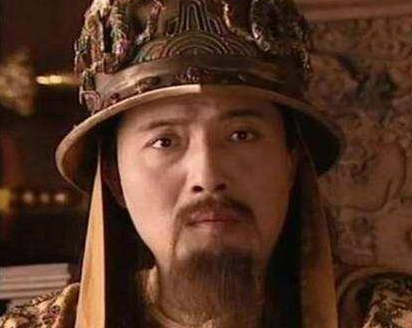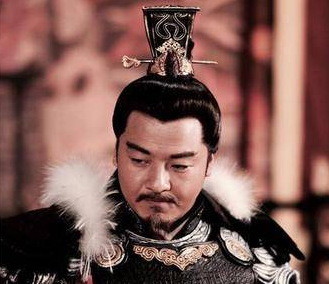In Chinese history, Hong Xiuquan is a controversial figure with complex identities, bearing both the title of emperor and the shadow of a revolutionist. Then, what was Hong Xiuquan's true identity? Was he a real emperor? This article will explore this question from a historical perspective.

First, we need to understand Hong Xiuquan's background. Hong Xiuquan was the leader of the Taiping Rebellion during the late Qing Dynasty. He launched the Jintian Rebellion in 1851 and established the Taiping Heavenly Kingdom. Within the Taiping Heavenly Kingdom, Hong Xiuquan was titled "Heavenly King," a title that conferred upon him the status of an emperor at that time. Therefore, in this sense, Hong Xiuquan can be considered an emperor.
However, Hong Xiuquan's emperor status differed significantly from traditional emperors in history. His emperor status did not stem from a hereditary system but was achieved through his own efforts and struggles. During the Taiping Rebellion, Hong Xiuquan proposed a political ideology with Christian influences, aiming to overthrow the Qing Dynasty and establish a new, fair, and equal society. This political ideology was highly progressive at that time and contrasted sharply with the feudal system of the Qing Dynasty. Therefore, from this perspective, Hong Xiuquan resembled more of a revolutionist.
Moreover, Hong Xiuquan's emperor status did not receive widespread recognition. During the Taiping Rebellion, both the Qing government and Western powers viewed him as a rebel and did not acknowledge his emperor status. Even within the Taiping Heavenly Kingdom, there were many who questioned Hong Xiuquan's leadership. Under such circumstances, Hong Xiuquan's emperor status appeared fragile.
In conclusion, Hong Xiuquan can be described as both an emperor and a revolutionist. His emperor status differed significantly from traditional emperors, and his political ideology conflicted with the feudal system of that time. Therefore, when evaluating Hong Xiuquan's identity, we cannot simply categorize him as an emperor or a revolutionist. Instead, we should understand his role from a broader historical background and social context.
Disclaimer: The above content is sourced from the internet and the copyright belongs to the original author. If there is any infringement of your original copyright, please inform us and we will delete the relevant content as soon as possible.





























